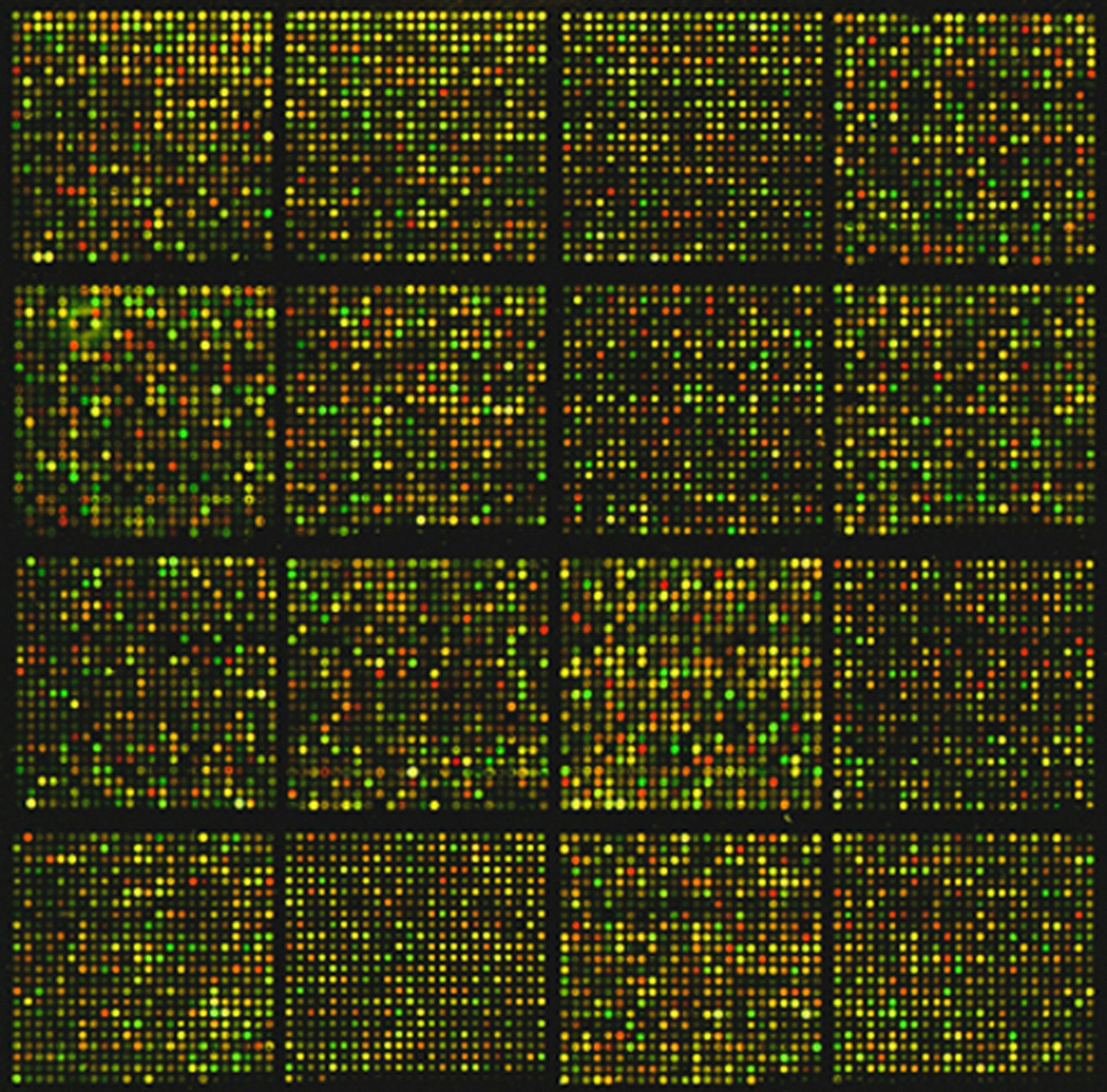A remarkable achievement has been unlocked in the Genome India project as researchers have successfully decoded the genetic information of 10,000 healthy individuals from all corners of the country. This ambitious project, led by the Indian government and scientists from 20 top research institutes, aims to uncover genetic factors associated with diseases, identify unique genetic traits specific to Indian populations, and ultimately facilitate the development of personalized healthcare solutions tailored to the genetic profiles of individuals.

What is the Genome India project?
The Genome India project is a big effort by the Indian government to understand the different genes that make up the people of India. It started in 2020 with the goal of making a detailed map of the genetic variations found in the Indian population.
Here’s how it works: researchers collect tiny samples like blood or saliva from people all over India, from different communities and regions. These samples contain the genetic material that makes up each person’s unique “instruction manual” for their body, called their genome.
To understand this instruction manual, scientists use advanced technology to read and decode the sequence of letters (A, C, G, and T) that make up the DNA in each sample. This helps them identify differences or variations in the genetic code between individuals.

By studying these genetic differences, researchers can learn more about why some people are more prone to certain diseases or conditions, and how they respond to treatments. It’s like putting together puzzle pieces to see the bigger picture of our genetic makeup.
The Genome India project is closely linked to data science by utilizing advanced computational and analytical techniques to process, analyze, and interpret vast amounts of genomic data. Data science methodologies enable researchers to uncover patterns, correlations, and insights within the genetic information collected from thousands of individuals across diverse populations. This interdisciplinary approach merges genomics with computational biology, bioinformatics, and statistical modeling to extract meaningful information from the massive datasets generated by sequencing technologies. Through data science, the Genome India project aims to gather all this information and make it available to scientists and researchers around the world. This way, everyone can work together to find new ways to prevent and treat diseases, tailored specifically to the genetic makeup of Indian people.
In simpler terms, it’s like creating a detailed map of the genes in India to help us understand ourselves better and find better ways to stay healthy.
Generation Alpha will be the most populated gen ever
Can they succeed? That’s the question driving the Genome India project. With each sample sequenced, researchers move closer to unlocking India’s genetic diversity. Challenges lie ahead, from analyzing vast data to translating findings into healthcare solutions. But with determination and advanced technology, success is within reach. The Genome India project holds promise for transforming our understanding of genetics and advancing personalized medicine for all Indians.
What if they do?
Completing the Genome India project would mark a significant milestone in genetics and healthcare. With access to comprehensive genetic data representing the diversity of the Indian population, researchers could deepen their understanding of genetic factors influencing health and disease. This wealth of information could lead to the development of targeted therapies, personalized medicine, and preventive strategies tailored to individuals’ genetic predispositions. Furthermore, the data could facilitate population-wide studies, enabling insights into population genetics, evolutionary history, and ancestry. However, ethical considerations regarding data privacy, consent, and equitable access to healthcare must be addressed to ensure the responsible and beneficial use of this genetic information.
Featured image credit: Warren Umoh/Unsplash
- SEO Powered Content & PR Distribution. Get Amplified Today.
- PlatoData.Network Vertical Generative Ai. Empower Yourself. Access Here.
- PlatoAiStream. Web3 Intelligence. Knowledge Amplified. Access Here.
- PlatoESG. Carbon, CleanTech, Energy, Environment, Solar, Waste Management. Access Here.
- PlatoHealth. Biotech and Clinical Trials Intelligence. Access Here.
- Source: https://dataconomy.com/2024/03/04/what-is-genome-india-project/



